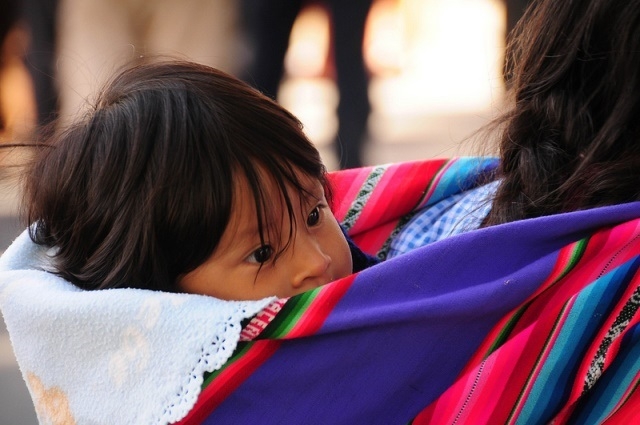ICDP is still active in Bolivia.
The ICDP work in 2023 continued under the umbrella of ICEL, through its Project “Family Strengthening for a Life without Violence”. Seven facilitators executed the programme as part of the church’s outreach programme in the community, by applying ICDP with teachers, families, and young people. Some of the key coordinators and facilitators from Red Bolivia were unable to prioritize ICDP due to their other paid jobs, but hope to regroup in 2024. After consultation with Rocio Cesares (who is coordinating ICDP progress in Cochabamba) and Olivia Sulca (who is maintaining ICDP in Potosí), the board of the ICDP international foundation decided to help strengthen the work in Bolivia by providing funds for refresher courses for existing and new facilitators, which will be run in 2024.
Early developments:
ICDP and ICEL (Christian Evangelist Lutheran Church) signed an agreement for cooperation and are working together on the development of the “Education Project, Family and Community”.
The project is offering ICDP courses to families, to promote an ethos of love, respect, democratic coexistence and to enhance the psychosocial development of children.
The ICDP sensitization programme (“I am a person”) promotes good quality interactions between adults and children, strengthening caregivers’ competence and confidence. It is being rolled out in 4 municipalities, Cochabamba, Santa Cruz, Chuquisaca and Potosí. Groups of agents were selected from local education networks to be formed as ICDP facilitators. Ilaina Ramirez, an experienced ICDP trainer from Colombia, is undertaking the training with support from Gunn Strømme.
The aim is to train fifty educators as ICDP facilitators who will implement the programme with 1,500 families and their children. ICDP monitoring visits will take place in the middle of each phase of the training both by the international trainer and by the local team of six supervisors who will maintain high quality delivery. Approximately 4,500 children, aged between 0-11 years old will benefit from this intervention. Plans are in place for this project to continue developing for a period of five years, and thus ensuring a significantly large impact on the target communities.
The first training was held in the city of Cochabamba, in August 2015.This urban area is characterized by violence, crime, illegal settlements suburban subdivisions with families in conditions of social disadvantage. Unemployment is on the rise, and so is migration from rural areas to the city, and there are shortages of basic necessities. State policies are not promoting values of education and meaningful learning. Within the family there are mechanisms that perpetuate inequality and discrimination, which generates violence within the family and community situations. Disintegration of the family and neglect of vulnerable members are frequent phenomena. There are high levels of breakup, divorce, and child abuse. The family has institutionalized abuse as a form of discipline of children and adolescents.
While legal regulations recognize equality between men and women, as stated in the State Constitution of the American Convention on Human Rights and the 1674 Act against violence in the family, everyday discriminatory practice at all levels proves otherwise. High levels of domestic and family violence committed against women, children and adolescents have not diminished, 7 out of 10 women are victims of some form of domestic and family violence. The data indicate that the risk of violence in Bolivia is 55.8%; Cochabamba is 57.7 and Tiquipaya, 58.6%.
“Many live in fear of becoming victims of violence at home, in school, on the street. Violence against children represents one of the most widespread violations of human rights, according to statistical information (SID) “, (REPORT 1st. Semester, 2012).
During September, October and November 2015, nine facilitators ran their first caregiver groups and in March 2016 attended further training workshops. At the same time, a new group consisting of 22 participants (teachers, social workers and other professionals) embarked on ICDP training. These participants came from different institutions: Education Unit Juan Evo Morales and Oscar Alfaro, the Mayor’s office, Departmental Social Management Service (SEDEGES, Servicio Departamental de Gestión Social), District No. 20, Pastoral Social Caritas Potosi (PASOCAP), Church Vida Nueva. There were also several independent professional social workers. The participants expressed their appreciation for the ICDP programme and its relevance to the work of their organizations.

